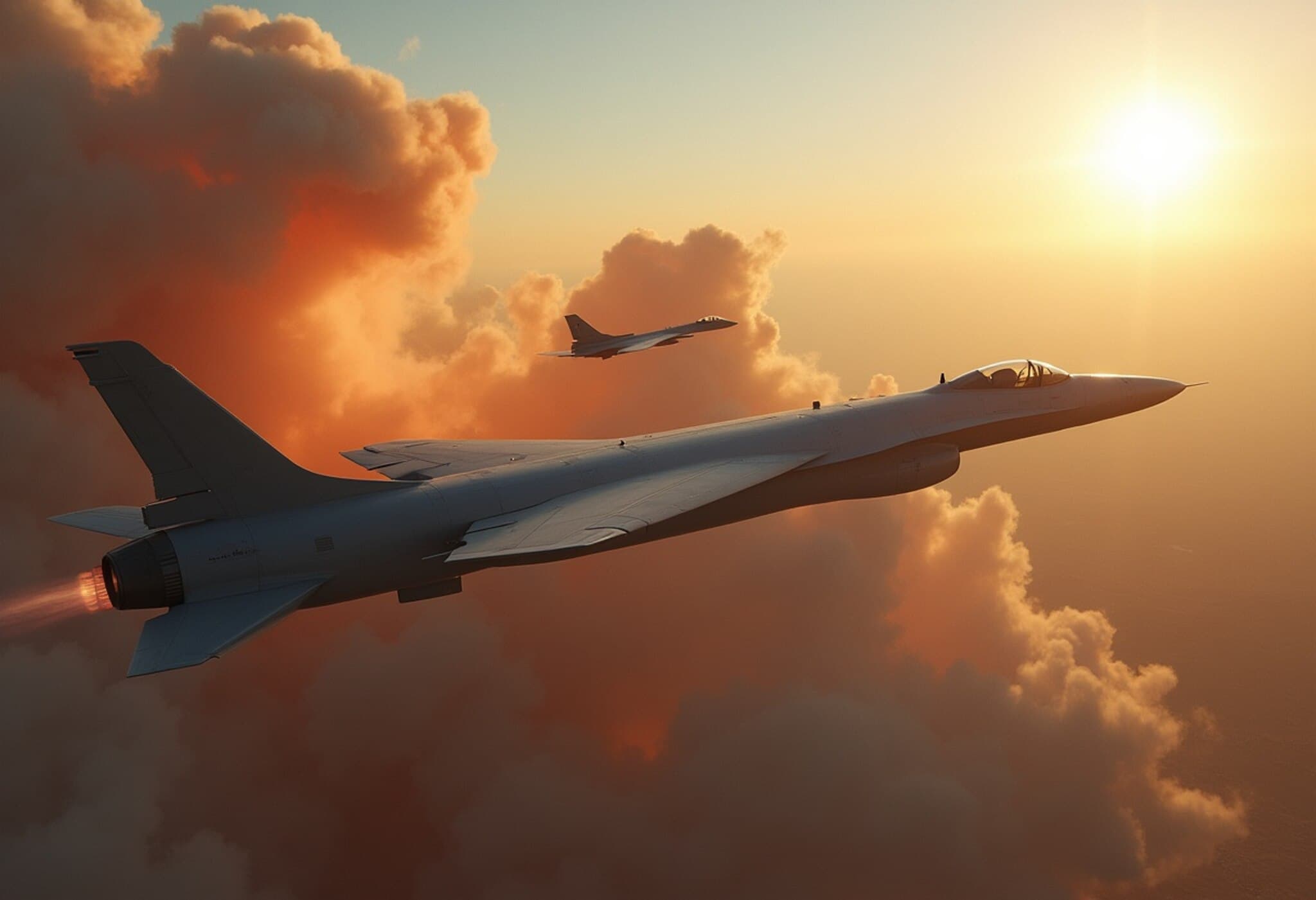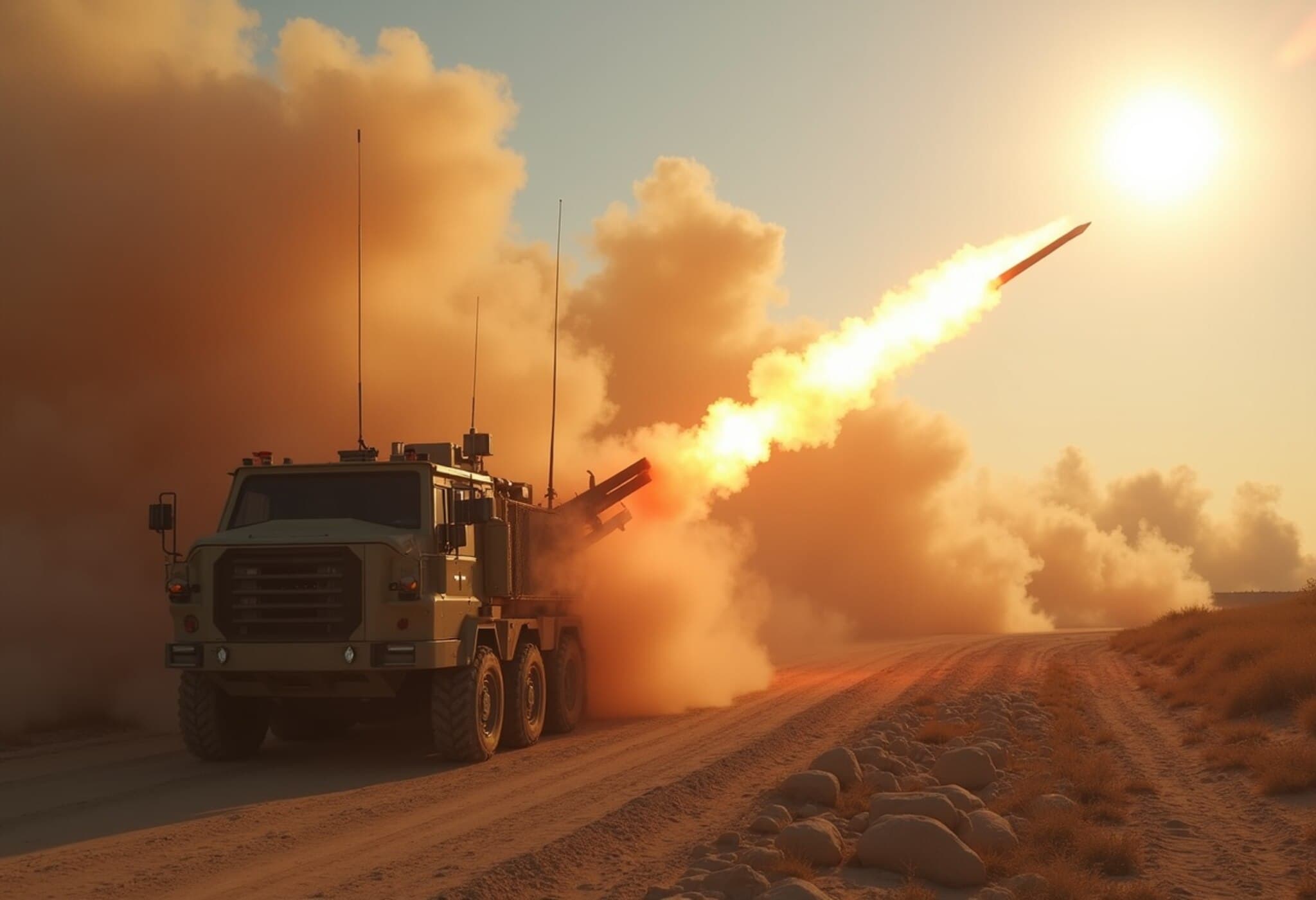Pakistan Seeks New Solutions Following Concerns Over India's BrahMos Missile
After India’s recent precision strikes in Operation Sindoor, which reportedly targeted terror infrastructure and military installations, Pakistan finds itself grappling with a pressing question: how to effectively defend against India’s powerful BrahMos supersonic cruise missile?
Although India has not officially confirmed using the BrahMos during Operation Sindoor, Pakistan’s Prime Minister publicly acknowledged that its airbases suffered hits from this missile, shining a spotlight on Pakistan’s current vulnerability.
Looking Beyond China’s Air Defense Systems
Pakistan’s dissatisfaction with Chinese air defense systems, particularly the HQ-9 and HQ-16, has grown after these failed to thwart Indian missile and drone attacks, including the BrahMos missile strikes. This has fueled Islamabad’s search for alternative air defense technologies beyond Chinese offerings.
The Shift to German Technology
Among the options Pakistan is reportedly considering is Germany’s advanced IRIS-T SLM (Infrared Imaging System - Tail/Thrust Vector Controlled - Surface-Launched Missile) air defense system, recognized for its robust performance in Ukraine against Russian cruise missile threats similar to the BrahMos.
- IRIS-T SLM’s Capabilities: This medium-range defense system integrates radar, an operations center, and multiple launchers, providing a 360-degree coverage radius with an effective range of roughly 40 kilometers (25 miles).
- Proven Record: Ukraine has reported over 60 successful interceptions against incoming missiles in the past year using this system.
- Investment Scale: Germany purchased six IRIS-T SLM units in 2023 at an approximate cost of €900 million ($972 million).
Complex Indo-German Defense Relations Complicate Pakistan’s Plans
The German company behind IRIS-T, Diehl Defence, is closely collaborating with Thyssenkrupp Marine Systems, which has significant defense projects in India. Their joint projects include supplying Interactive Defence and Attack Systems (IDAS) for Indian Navy submarines under the marquee Project 75I valued at nearly Rs. 70,000 crore.
Further complicating matters for Pakistan, India's Reliance Defence has formed a strategic alliance with Diehl Defence to manufacture precision-guided munitions, including the advanced Vulcano 155mm artillery shells, within India. This intertwining of India-Germany defense ties could present a challenging hurdle for Pakistan attempting to access German air defense technology.
Pakistan’s Budget Priorities Amid Economic Challenges
Pakistan’s pursuit of stronger defense capabilities comes against a backdrop of economic difficulties. With nearly 45% of its population below the poverty line and 16% experiencing extreme poverty, the government recently raised defense spending by an astounding 20%, while cutting overall expenditure by 7%.
Simultaneously, Pakistan secured significant financial support, including a $1 billion IMF loan and $800 million from the Asian Development Bank, yet has reportedly scrapped development projects exceeding 1,000 billion Pakistani Rupees. The tilt towards bolstering defense amidst social and economic hardship reflects strategic priorities shaped by regional security concerns.
Looking Ahead
As Pakistan navigates these multifaceted challenges, the desire to counter India’s BrahMos missile capability seems set to redefine its defense procurement strategy. Whether German technology will prove the answer remains to be seen, particularly in light of the intricate ties between German defense manufacturers and India.














